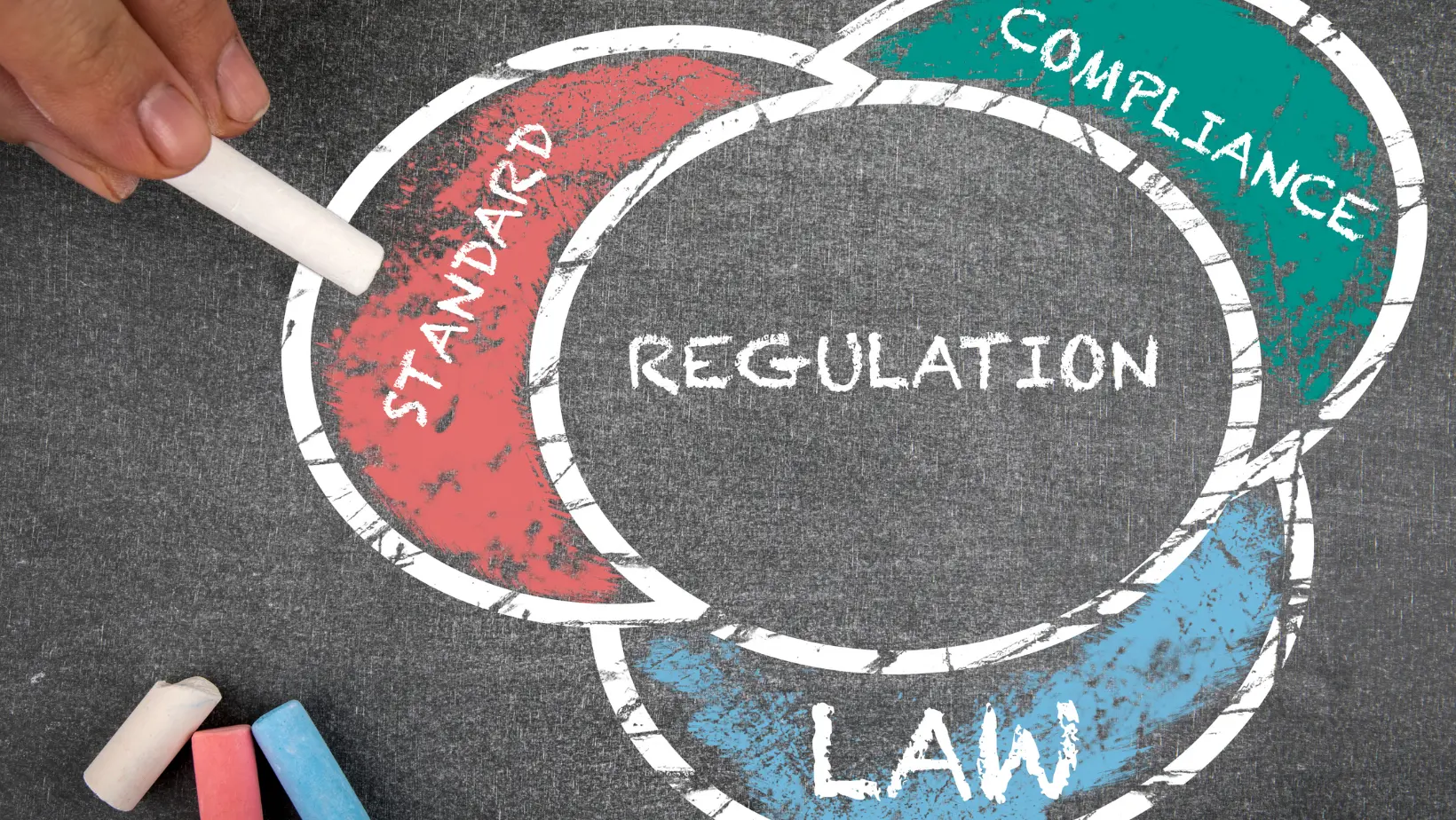Table of Contents
Introduction As artificial intelligence (AI) becomes increasingly integrated into various industries and applications, the need for robust regulatory compliance and standards has never been more critical. The 15th Article in our series “AI business models“. With the potential to revolutionize the way we live and work, AI also raises concerns about privacy, security, fairness, and transparency. This article explores the current landscape of regulatory compliance and standards in AI, highlighting the key challenges, existing frameworks, and future directions for ensuring responsible and ethical AI deployment.
The Need for AI Regulation and Standards
The rapid advancement of AI technologies has outpaced the development of comprehensive regulations and standards. Without clear guidelines and oversight, AI systems risk causing unintended harm, perpetuating biases, and infringing upon individual rights. Some of the key concerns include:
- Privacy and data protection: AI relies heavily on vast amounts of data, raising questions about how personal information is collected, stored, and used.
- Algorithmic bias and fairness: AI models can inherit and amplify biases present in training data, leading to discriminatory outcomes.
- Transparency and explainability: Many AI systems operate as “black boxes,” making it difficult to understand how decisions are made and to hold them accountable.
- Security and robustness: AI systems can be vulnerable to attacks, such as data poisoning or adversarial examples, compromising their integrity and reliability.
Existing Frameworks and Guidelines
Several organizations and governments have developed frameworks and guidelines to address the challenges of AI regulation and standardization. Some notable examples include:
- OECD Principles on AI: The Organisation for Economic Co-operation and Development (OECD) has established five principles for responsible AI development and deployment, focusing on transparency, fairness, and accountability.
- EU Ethics Guidelines for Trustworthy AI: The European Commission’s High-Level Expert Group on AI has developed a set of guidelines that emphasize the importance of human agency, technical robustness, and societal well-being.
- IEEE Ethically Aligned Design: The Institute of Electrical and Electronics Engineers (IEEE) has created a framework for prioritizing human well-being, transparency, and accountability in AI systems.
- National AI Strategies: Many countries, such as the United States, China, and the United Kingdom, have developed national AI strategies that include provisions for responsible AI development and governance.
Challenges and Future Directions
Despite the progress made in establishing AI regulations and standards, several challenges remain:
- Global coordination: AI development and deployment often transcend national borders, requiring international cooperation and harmonization of regulations.
- Balancing innovation and regulation: Overly restrictive regulations could stifle AI innovation, while insufficient oversight could lead to harmful consequences.
- Adapting to evolving technologies: AI is a rapidly evolving field, and regulations must be flexible enough to accommodate new developments and use cases.
To address these challenges, ongoing collaboration between policymakers, industry leaders, and academic experts is essential. Future directions for AI regulation and standardization include:
- Developing industry-specific guidelines: Different sectors, such as healthcare, finance, and transportation, may require tailored AI regulations and standards.
- Promoting transparency and explainability: Encouraging the development of interpretable AI models and requiring clear documentation of AI systems’ decision-making processes.
- Fostering public engagement and education: Engaging the public in discussions about AI ethics and ensuring that individuals are informed about their rights and the implications of AI use.
As AI continues to transform various aspects of our lives, establishing robust regulatory compliance and standards is crucial for ensuring responsible and ethical deployment. By addressing key challenges, such as privacy, fairness, and transparency, and fostering collaboration among stakeholders, we can harness the benefits of AI while mitigating its risks. As the AI landscape evolves, ongoing efforts to develop and refine regulations and standards will be essential for building trust in AI systems and promoting their positive impact on society.
